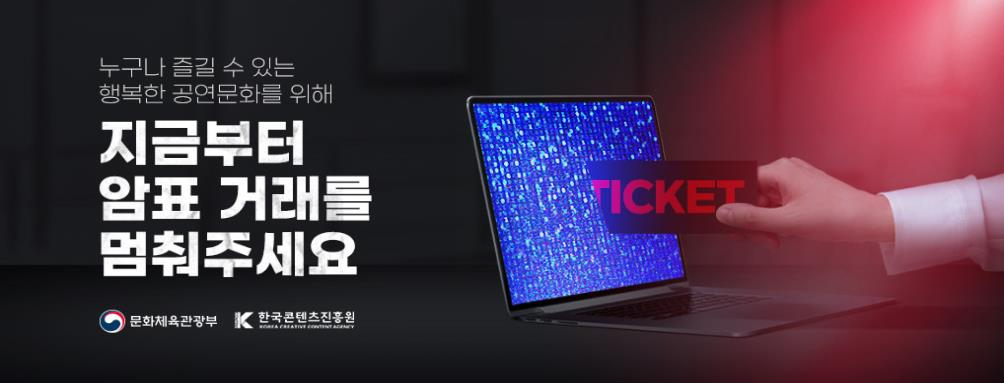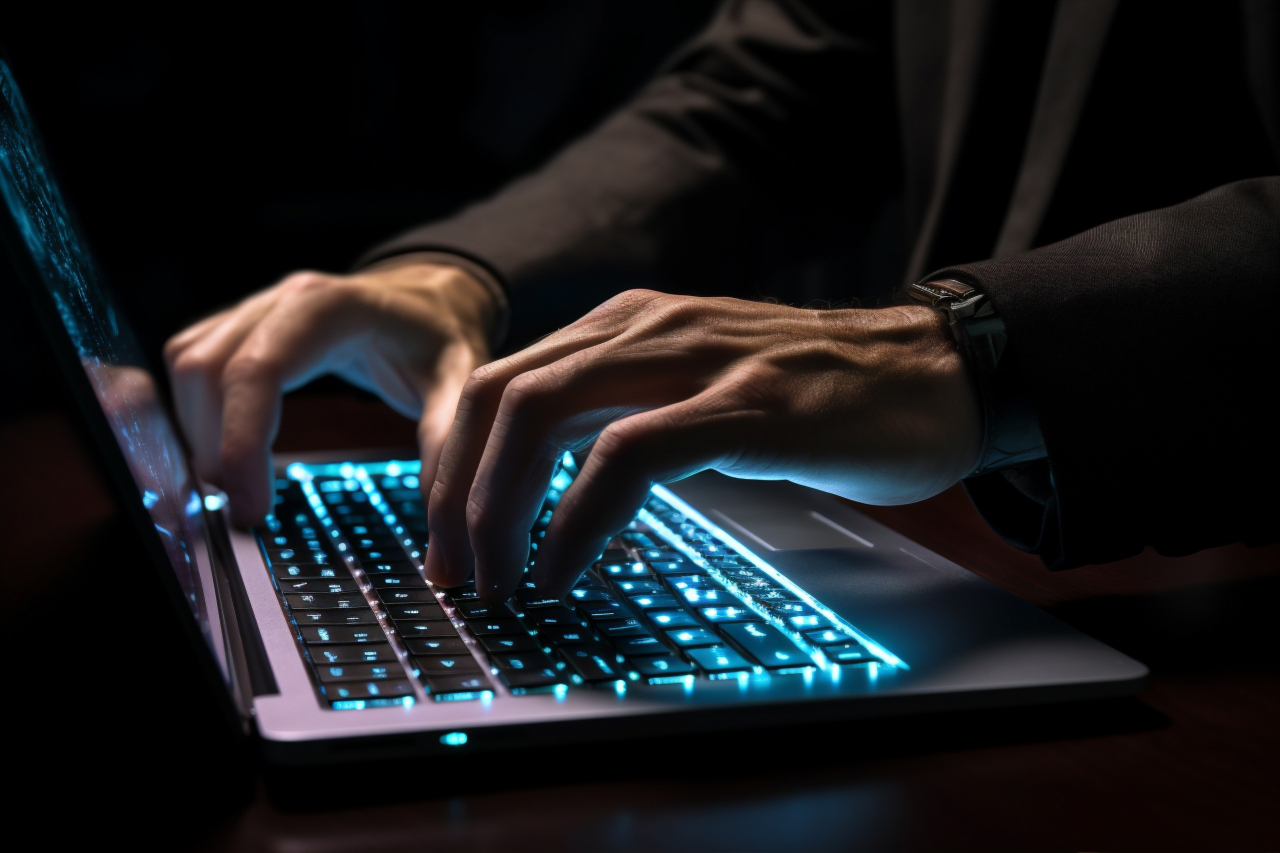S. Korea to crack down on ticket scalping via macro tools
By Yoon Min-sikPublished : March 18, 2024 - 15:14

The South Korean government said Monday that the recent law revision banning the use of macro tools to buy tickets will take effect Friday as part of its measures to fight widespread ticket scalping in the country.
The revision of the Public Performance Act specifies that no one shall illegally buy tickets for performances by using computer programing tools for automated repetitive inputs -- the macro programs -- for the purpose of reselling them, according to the Ministry of Culture, Sports and Tourism. Those guilty of violation could be subject to up to one year in prison or a 10 million won ($7,500) fine.
"Ticket scalping threatens the basis of the market order for our culture and sports, and we (the ministry) will take severe actions against it. ... The Culture Ministry will implement various policies that can root out and prevent ticket scalping, thus restoring the order in the distribution system of culture and sports fields," the Culture Ministry Yu In-chon said.
Since March 2, the ministry has been operating a webpage exclusively devoted to reports related to illegal ticket sales (www.culture.go.kr/singo), which allows users to report such acts online or via phone while providing options to apply for legal consultation. It plans to work closely with the cybercrime division of the National Police Agency to crack down on the ticket scalping.
The ministry also plans to hold continued meetings with those in the fields of culture and sports to discuss countermeasures against illegal ticket sales, starting with a meeting Monday at the National Theater of Korea with officials from major theaters and performance agencies across the country.
Ticket scalping in South Korea has been an ongoing problem -- especially in the era of digital ticketing -- with the damages from the illegal act said to be substantial. In an interview with The Korea Herald last year, Yoon Dong-hwan, the chair of the Record Label Industry Association of Korea, said that more than 50 percent of the tickets from sold-out performances typically go to scalpers.
Yoon's claim is not backed up by an official tally, but statistics do make it clear that ticket scalping in the country is on the rise. According to the Korea Creative Content Agency, the number of reports related to illegal ticket sales went from 359 in 2020 to 4,224 in 2022.
A survey by the RLIAK in 2023 showed that 32.8 percent of those aged between 19 and 29 have bought a ticket from a scalper at least once, followed by 25 percent of those in their 30s and 40s.

Singers across the country have been attempting to fight such illegal actions in various ways. K-pop megastar IU slaps a life-time ban from her fan club on anyone caught illegally selling a ticket to her concert, and singer Jang Beom-jun implemented a system of selling tickets as non-fungible tokens for last months' performance.
Many others have a no-warning policy for canceling tickets suspected of being reserved by a ticket scalper.
The revision of the performance law follows complaints that ticket scalping via bots had remained in a legal blind spot since legal punishment for such acts had only been stipulated in a law introduced half a century ago. Prior to the revision, illegal sales of tickets were only punishable by the Article 3 of the Punishment for Minor Offense Act, which does not address online sales.











![[Hello India] Hyundai Motor vows to boost 'clean mobility' in India](http://res.heraldm.com/phpwas/restmb_idxmake.php?idx=644&simg=/content/image/2024/04/25/20240425050672_0.jpg&u=)








